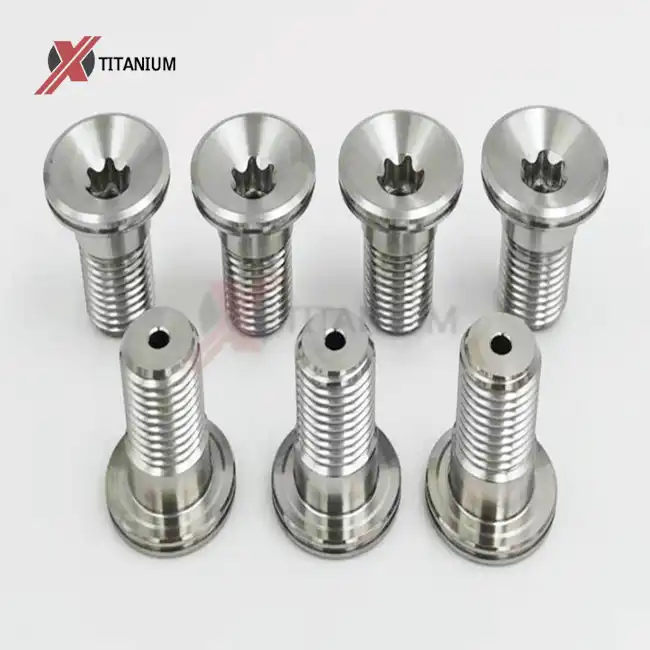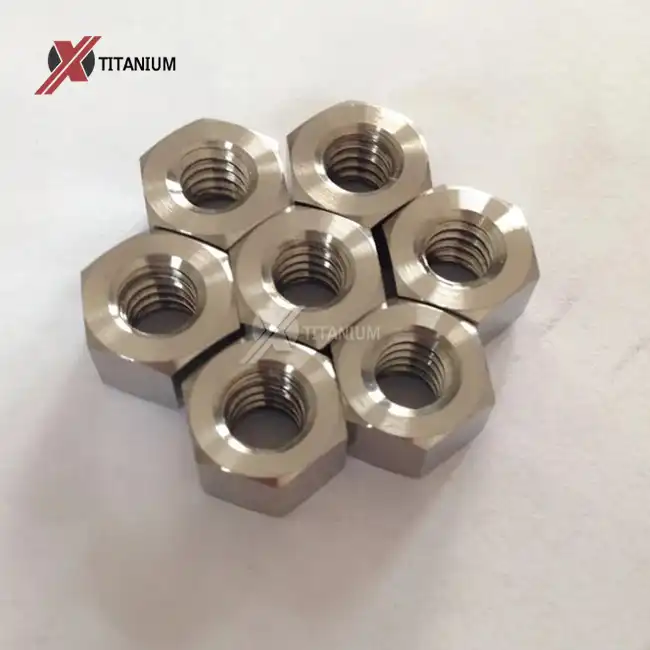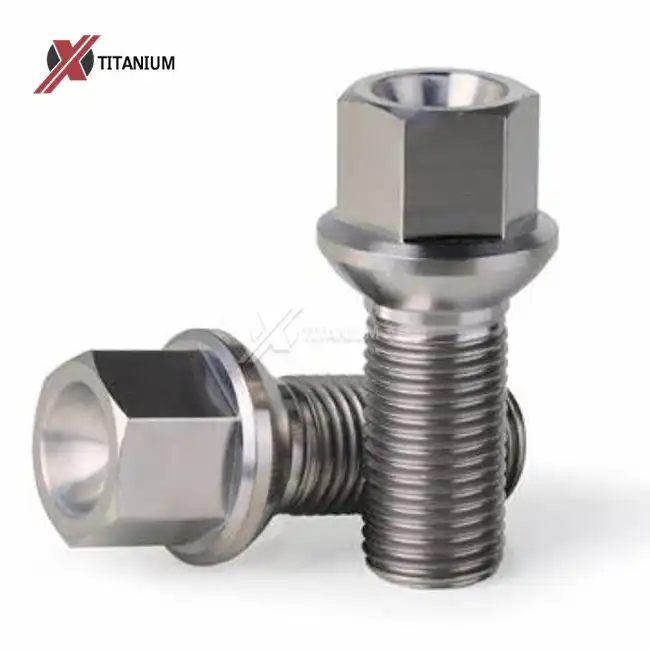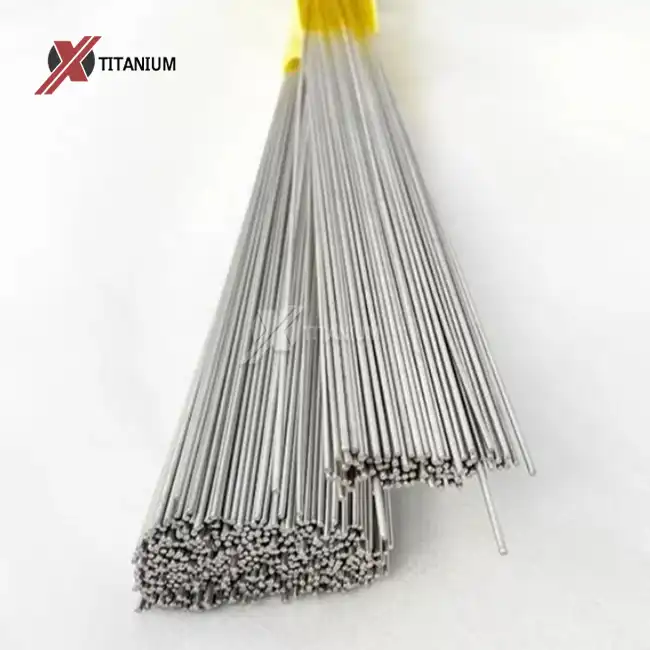- English
- French
- German
- Portuguese
- Spanish
- Russian
- Japanese
- Korean
- Arabic
- Greek
- German
- Turkish
- Italian
- Danish
- Romanian
- Indonesian
- Czech
- Afrikaans
- Swedish
- Polish
- Basque
- Catalan
- Esperanto
- Hindi
- Lao
- Albanian
- Amharic
- Armenian
- Azerbaijani
- Belarusian
- Bengali
- Bosnian
- Bulgarian
- Cebuano
- Chichewa
- Corsican
- Croatian
- Dutch
- Estonian
- Filipino
- Finnish
- Frisian
- Galician
- Georgian
- Gujarati
- Haitian
- Hausa
- Hawaiian
- Hebrew
- Hmong
- Hungarian
- Icelandic
- Igbo
- Javanese
- Kannada
- Kazakh
- Khmer
- Kurdish
- Kyrgyz
- Latin
- Latvian
- Lithuanian
- Luxembou..
- Macedonian
- Malagasy
- Malay
- Malayalam
- Maltese
- Maori
- Marathi
- Mongolian
- Burmese
- Nepali
- Norwegian
- Pashto
- Persian
- Punjabi
- Serbian
- Sesotho
- Sinhala
- Slovak
- Slovenian
- Somali
- Samoan
- Scots Gaelic
- Shona
- Sindhi
- Sundanese
- Swahili
- Tajik
- Tamil
- Telugu
- Thai
- Ukrainian
- Urdu
- Uzbek
- Vietnamese
- Welsh
- Xhosa
- Yiddish
- Yoruba
- Zulu
Why Are Titanium Shoulder Bolts the Preferred Choice for Precision Engineering?
In the world of precision engineering, choosing the right fastening component can define the long-term efficiency, safety, and reliability of an application. Titanium shoulder bolts, often referred to as stripper bolts, have steadily grown in popularity due to their distinctive mechanical properties and unique benefits. Commonly used in aerospace, robotics, mold and die assembly, medical instruments, and high-performance automotive applications, these fasteners must provide not just strength but also versatility and endurance.
Unlike standard bolts, shoulder bolts feature an unthreaded, cylindrical shoulder under the head, which allows for accurate alignment, movement, or rotation of attached components. When titanium is used as the base material, the advantages expand considerably. From corrosion resistance to strength-to-weight superiority, titanium shoulder bolts outperform conventional steel or aluminum alternatives in the most demanding environments.
But what truly makes titanium shoulder bolts so desirable in engineering applications? Let’s explore the deeper reasons behind their growing demand, starting with their performance under mechanical stress.
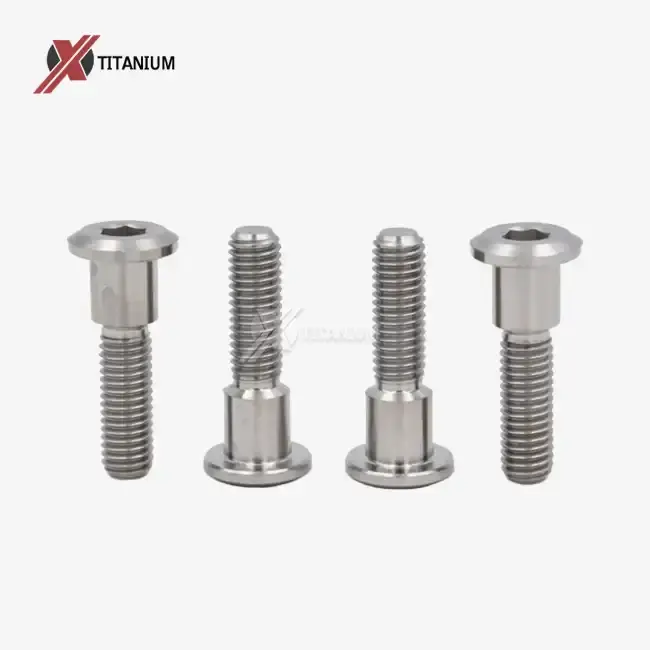
How Do Titanium Shoulder Bolts Handle Stress and Vibration in Dynamic Systems?
One of the critical concerns in machinery and structural systems is how bolts behave under cyclic stress and vibration. This is especially relevant in dynamic environments such as aerospace propulsion systems, motorsport engines, and advanced robotics. Titanium shoulder bolts exhibit remarkable resistance to both tensile and shear forces due to their balanced modulus of elasticity and yield strength.
Unlike standard steel fasteners that may loosen over time due to vibrational stress (also known as bolt fatigue), titanium maintains a firm grip thanks to its slightly flexible structure, which absorbs and distributes stress more evenly. This flexibility doesn’t come at the cost of strength. Grade 5 titanium (Ti-6Al-4V), the most commonly used alloy in bolt manufacturing, offers tensile strengths around 950 MPa, easily competing with high-grade steel.
Additionally, titanium’s fatigue strength—the ability to withstand repeated loading cycles without cracking—exceeds that of most metals of similar weight. This makes it an ideal candidate for shoulder bolts that are used in oscillating systems, where they must support rotating or moving parts without failing.
In performance automotive applications, titanium shoulder bolts are often chosen to secure suspension linkages and engine components where high-frequency vibrations are constant. Their ability to maintain joint integrity over extended use not only improves reliability but also reduces maintenance intervals, saving both time and cost in the long run.
Why Are Titanium Shoulder Bolts Used in Cleanroom and Medical Device Assembly?
The use of titanium shoulder bolts extends far beyond engineering performance into environments where cleanliness, biocompatibility, and chemical inertness are essential. In industries such as medical device manufacturing, semiconductor production, and pharmaceuticals, contamination can have critical consequences.
Titanium's naturally non-reactive oxide layer makes it hypoallergenic and resistant to a wide range of chemicals, including acids and chlorides. This is why shoulder bolts made from titanium are frequently found in surgical equipment, orthopedic devices, and diagnostic machines. Unlike stainless steel, which can leach trace metals into surrounding materials or cause allergic responses in sensitive patients, titanium offers true biocompatibility.
Cleanrooms also benefit from titanium’s non-magnetic and non-galling characteristics. In sensitive environments where magnetic fields can interfere with testing equipment or where lubrication must be avoided, titanium bolts perform with minimal wear and no particle generation, preserving the sterile integrity of the workspace.
Additionally, titanium is easy to sterilize, whether by autoclaving, dry heat, or gamma radiation, without degradation. These features contribute to its indispensable role in precision assemblies where contamination control is a priority.
What Design and Cost Factors Should Be Considered When Selecting Titanium Shoulder Bolts?
While titanium shoulder bolts offer many benefits, there are practical considerations that buyers and engineers should keep in mind during the selection process.
1. Cost vs. Performance
Titanium fasteners, including shoulder bolts, are generally more expensive than their stainless steel or aluminum counterparts. The extraction, refining, and machining of titanium require more specialized equipment and labor, contributing to its higher cost per unit.
However, when total lifecycle cost is considered—including reduced maintenance, longer service life, and lighter-weight system designs—titanium often proves more economical in the long term. For example, aerospace designers value every gram saved in an aircraft’s structure, and substituting steel bolts with titanium can reduce overall component weight significantly, improving fuel efficiency and payload.
2. Shoulder Dimensions and Tolerances
Shoulder bolts must be manufactured to precise dimensional tolerances, especially in applications involving moving or rotating parts like pulleys, bushings, or sliding guides. Titanium’s excellent machinability in CNC environments allows for the production of bolts with extremely accurate shoulder lengths and diameters, ensuring tight clearances without binding.
Engineers should select titanium shoulder bolts based on both shoulder and thread dimensions, ensuring compatibility with mating parts. Standardization is available in metric and inch sizes, but custom dimensions are also possible through OEM services.
3. Surface Treatments and Finishes
Titanium shoulder bolts are often left uncoated due to the naturally protective oxide layer, but some applications may require surface finishing such as anodizing for color coding or added resistance. For example, blue, gold, or purple anodized finishes are popular in motorsport applications where aesthetics meet function.
Buyers should confirm that any coatings used do not compromise dimensional accuracy or introduce unwanted magnetic properties, which could interfere with sensitive equipment.
4. Thread Engagement and Torque Specs
Although titanium has a high strength-to-weight ratio, it is less ductile than steel. As a result, care must be taken during torque application to avoid thread galling or stripping. It is recommended to use anti-seize lubricants when installing titanium shoulder bolts, especially into other titanium components.
Thread designs with rolled threads rather than cut threads improve fatigue resistance and load distribution. Rolled threads, combined with precision-turned shoulders, make for a highly durable and repeatable component.
Applications That Rely Heavily on Titanium Shoulder Bolts
The diverse properties of titanium shoulder bolts make them a go-to solution in multiple sectors. Here are some real-world examples where these fasteners are indispensable:
-
Aerospace and Aviation: Used in fuselage and wing structures, engine mounts, and control surfaces, titanium shoulder bolts provide strength without adding unnecessary weight.
-
Robotics and Automation: Essential in securing actuators and pivoting joints where components need to rotate smoothly around the shoulder.
-
Motorsports: Used to fasten suspension parts, brake systems, and engine components, combining weight savings with high resistance to heat and vibration.
-
Medical Implants and Tools: Used in prosthetics, surgical instruments, and dental devices due to biocompatibility and corrosion resistance.
-
Marine Engineering: Ideal for underwater assemblies or saltwater-exposed components like control fins and subsea housings.
Final Thoughts
Titanium shoulder bolts represent the pinnacle of fastening technology for applications that demand precision, durability, and corrosion resistance. While the initial investment in titanium may be higher, the benefits in terms of mechanical performance, long-term reliability, and reduced weight are often irreplaceable in high-stakes environments.
From satellites orbiting Earth to surgical instruments in life-saving procedures, these specialized fasteners ensure that systems perform with consistency and safety. When selected with proper considerations regarding design, material grade, and application context, titanium shoulder bolts provide unmatched advantages that justify their role in the most advanced engineering assemblies of today and tomorrow.
References
-
Smith, J.R. (2021). "Advanced Materials in Aerospace: The Role of Pure Titanium". Journal of Aerospace Engineering, 45(3), 234–248.
-
Johnson, A.M. & Williams, P.K. (2020). "Biocompatibility of Titanium in Medical Implants: A Comprehensive Review". Biomaterials Science, 8(12), 3301–3320.
-
Chen, Y., et al. (2019). "Corrosion Behavior of Pure Titanium in Marine Environments". Corrosion Science, 152, 120–133.
-
Patel, R.N. & Thompson, L.E. (2022). "Manufacturing Processes for High-Quality Titanium Plates". Advanced Materials Processing, 180(5), 45–58.
-
Zhang, L., Kumar, D., & Fischer, G. (2023). "Wear Resistance and Performance Evaluation of Titanium Shoulder Bolts in Robotics". International Journal of Advanced Engineering Materials, 31(1), 76–94.
Learn about our latest products and discounts through SMS or email
